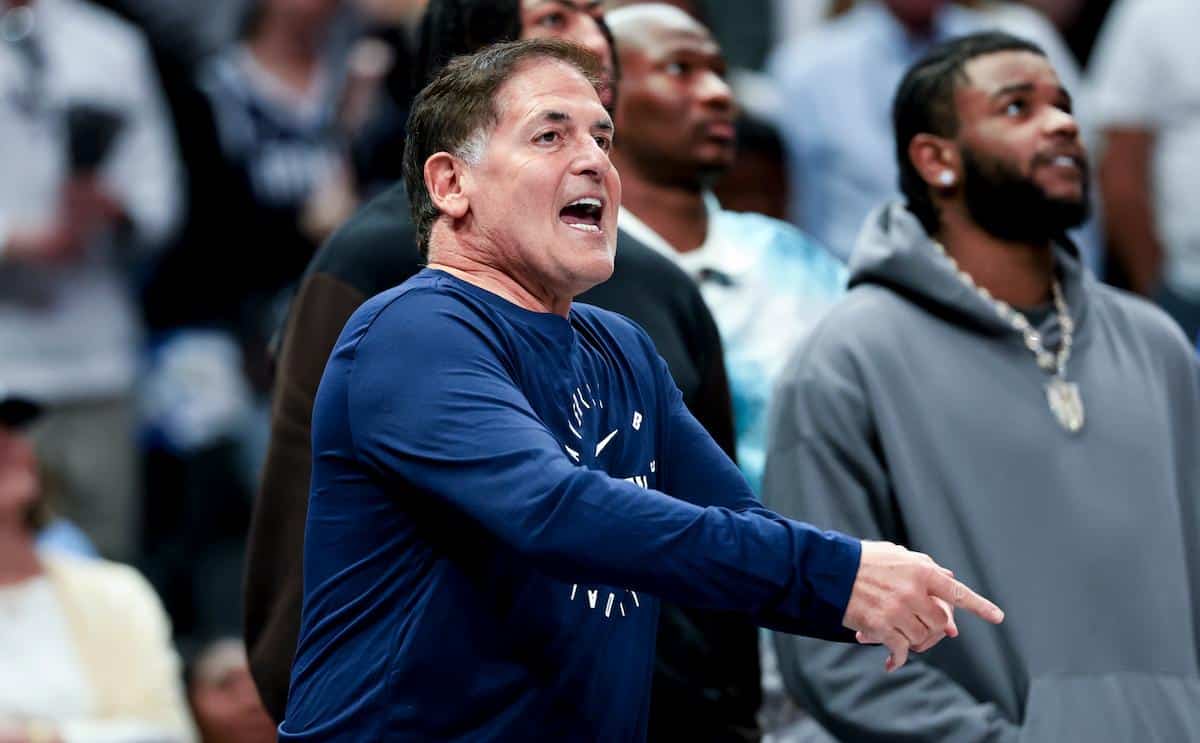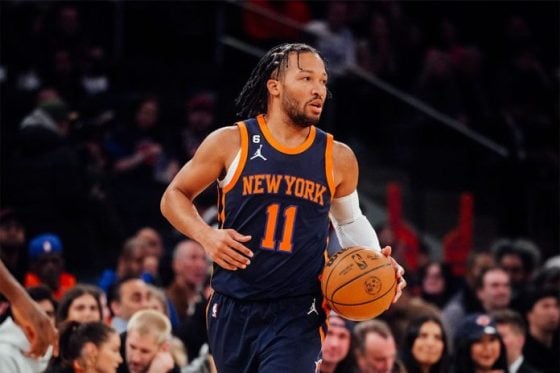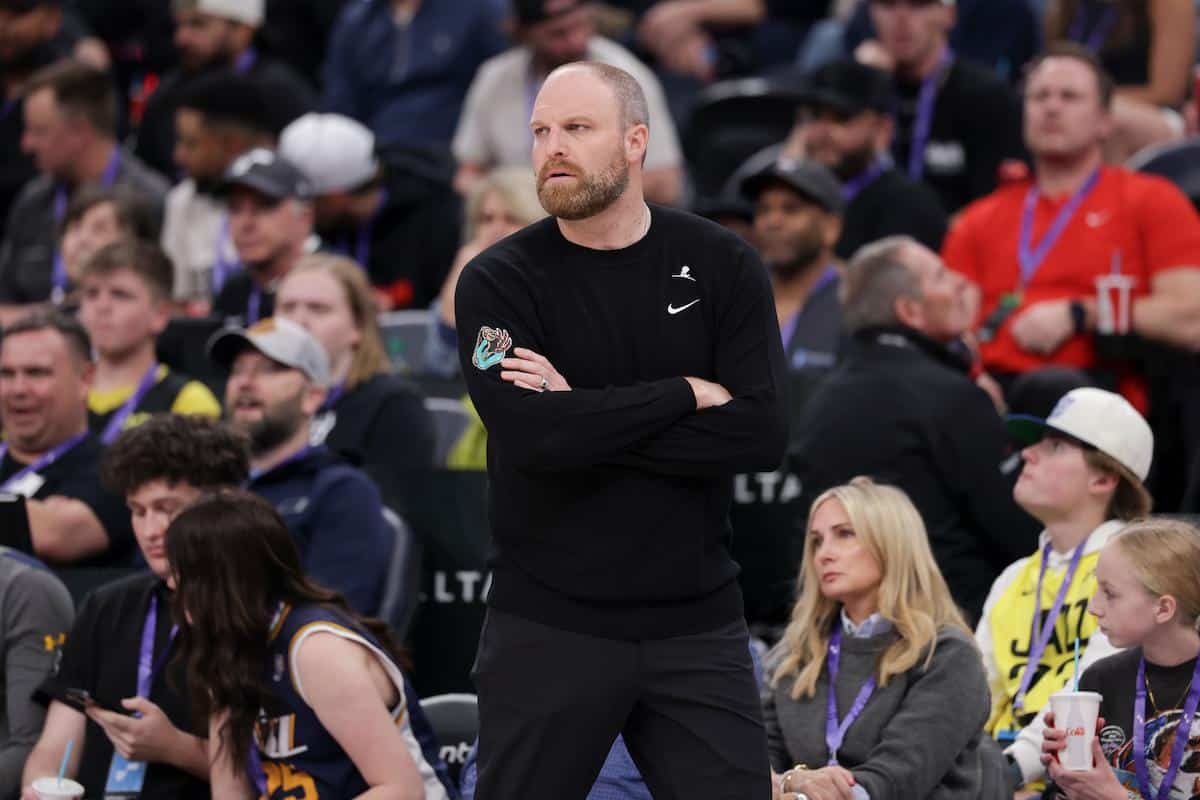When Grant Williams entered the league in 2019, experts viewed him as an intelligent, physical, versatile player with a unique skill set.
There were two main problems, though: his lack of size and his lack of range. When the 6-foot-5 forward started his career 0-for-25 from 3-point territory, it was fair to question whether he would last long in the NBA.
Fast forward three years and Williams is now a sharpshooter and elite defender on one of the best teams in the NBA. Last round, he kept Giannis Antetokounmpo in check better than just about anyone did all season. This series, along with the challenge of trying to slow down Jimmy Butler, he has one more item on his to-do list: outplay his basketball mirror image, P.J. Tucker – someone who has also defied the odds as a forward in a linebacker’s body.
Williams and Tucker will never admit they’re in an unspoken, individual war, but they don’t need to. At any level of basketball, when a player sees someone who plays like them, acts like them, and thinks they’re better than them on the other side, they want to one-up that person. That’s just how it works. Heck, that’s how life works.
Grant Williams will actually be PJ Tucker in 10 years, he just doesn’t know it yet.
— Bryan Fonseca (@BryanFonsecaNY) May 22, 2022
Tucker, a fellow 6-foot-5 bruiser, also guards players of all shapes and sizes, hits 3’s at a high clip and makes everyone around him better with his relentless hustle and undying energy. Williams is basically Tucker 2.0. Though there are subtle differences to their game – such as Williams’ higher release and Tucker’s trademark tear drop that Williams should consider adding to his repertoire – they essentially play exactly the same role on two teams currently bludgeoning each other for a spot in The Finals.
Tennessee coach Rick Barnes said Williams always reminded him of Tucker and that he told him to watch clips of players like Tucker and Jae Crowder because that’s the role he would need to fill in the NBA. Several years later, Williams is following the blueprint perfectly – so much so that it’s almost uncanny.
In the regular season, Williams averaged 7.8 points per game while shooting 47.5 percent from the floor and 41.1 percent from 3. Tucker put up 7.6 a night while hitting 48.4 percent of his shots and 41.5 percent of his 3’s. But wait, there’s more. During the playoffs, both players have played 14 games and made exactly 3.4 field goals a night. They tend to naturally and subconsciously mirror each other throughout each game.
Despite their current success, it’s important to note that neither player had it all figured out early in their careers. Williams averaged 3.4 points and shot 25 percent from 3 as a rookie, while Tucker put up just 1.8 a night and didn’t hit a single 3. Both stayed patient, adapted and worked at their craft and learned how to contribute to winning their way.
Now both are outstanding role players capable of big nights (see: Williams, Game 7 vs. Milwaukee), but they don’t necessarily need the ball to be effective. When they do have it, though, they’re not afraid to let it fly (so much for that portion of Williams’ rookie scouting report). They both have their spots, know when to shoot and never hesitate. Williams is shooting 50 percent on 3’s from the left corner, for instance, while Tucker is at 47.7 percent from that same area.
In addition to their personal exploits, Williams and Tucker are often barometers for how their teams are faring overall. Williams shot 50.2 percent in Celtics wins and 42.2 percent in losses this season, while Tucker shot 50.4 percent in wins and 45.1 percent in losses.
This series, Williams was spectacular in Game 2 – the lone Celtics win – pouring in 19 points on 5-of-7 shooting and finishing a whopping plus-37. The other games he shot a combined 36.3 percent. Tucker was steady in a Game 1 win and erupted for 17 points in a Game 3 victory. In Game 2, he was 2-of-6 and minus-10.
The similarities extend to defense as well. Tucker is doing to Tatum this series what Williams did to Antetokounmpo last series. Though he’s significantly shorter, he’s getting in his way, annoying him and making him work for everything.
Neither player is a liability guarding a point guard or a center. Both have helped the game evolve in recent years and proven “tweeners” that are hoopers, too. Charles Barkley started the trend, Boris Diaw and Draymond Green reignited it, and now Tucker and Williams have put their own spin on it. They’re doing it for every DeJuan Blair, Semi Ojeleye, and Alando Tucker who were told they were too slow, too short or too limited offensively to stick around.
Both have a special and unique quality to irritate their opponents while bringing out the best in their teammates. They each have a chance to leave their imprint on this series, and you best believe they’ll be keeping score in the 1-on-1 battle every step of the way.






